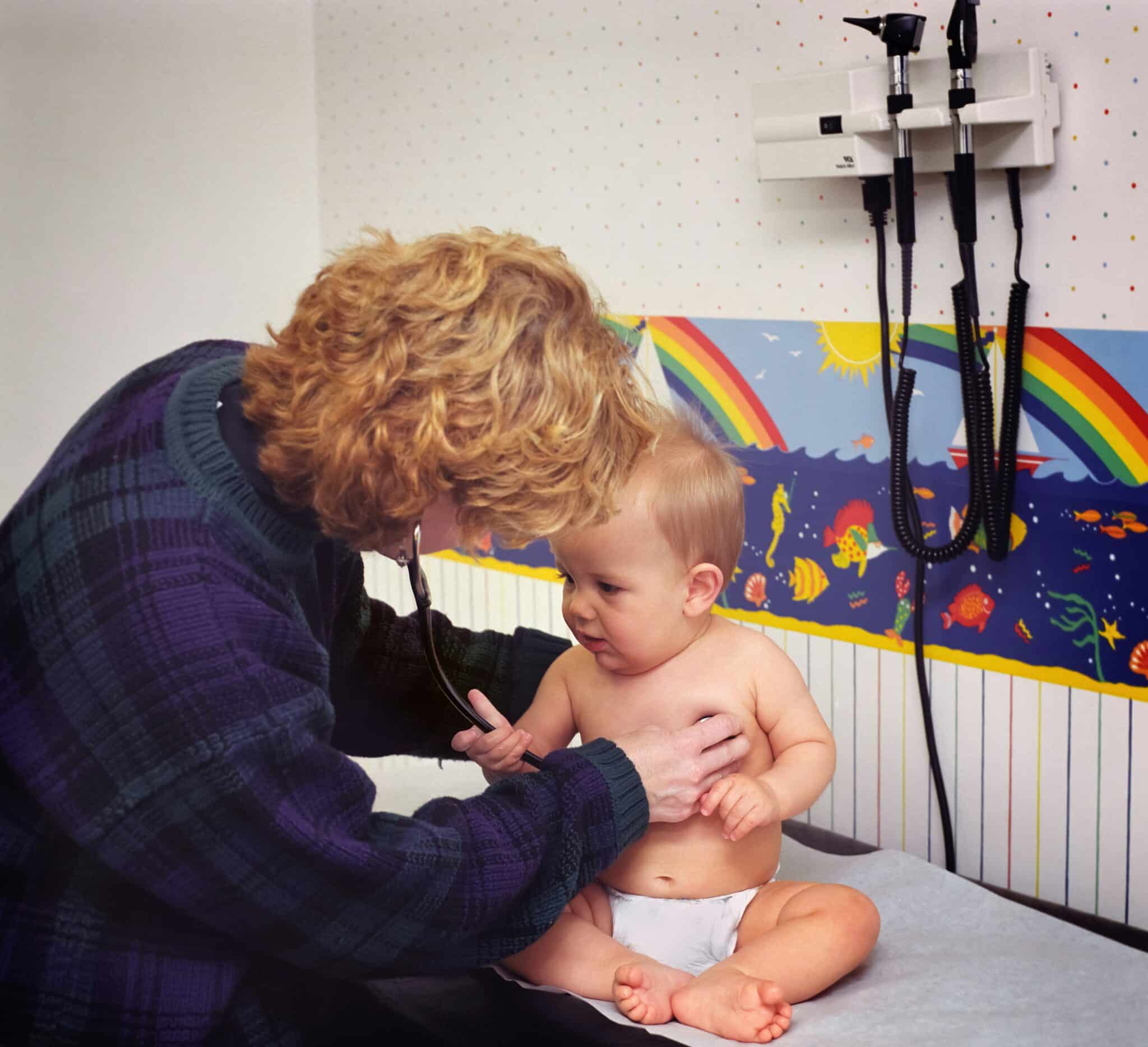Introduction
For parents of medically complex children, navigating pediatric care can be overwhelming. One valuable option available to families is Prescribed Pediatric Extended Care (PPEC) programs. PPEC serves as an extension of pediatric in-home care by providing comprehensive medical services in a structured daycare setting. This guide explores the role of PPEC in enhancing pediatric in-home care, offering insights into how this care model can support both children and families.
What is PPEC?
Prescribed Pediatric Extended Care (PPEC) is a specialized daycare service designed for children with medical complexities. PPEC centers offer nursing care, therapy, and socialization opportunities in a safe and supervised environment. Unlike traditional daycare centers, PPECs are equipped to handle a wide range of medical needs, providing an environment that balances healthcare and early childhood development.
Benefits of PPEC in Pediatric In-Home Care
1. Comprehensive Medical Care in a Safe Environment
PPEC centers are staffed with highly trained medical professionals who provide comprehensive care tailored to each child’s unique needs. This includes skilled nursing services, medication administration, respiratory support, and more. The structured and supervised setting of a PPEC ensures that children receive the medical attention they require in a safe environment, reducing the risk of emergencies.
2. Enhancing In-Home Care
PPEC serves as a complement to in-home pediatric care by providing an alternative setting where children can receive medical care and social interaction. Families often face challenges when managing complex medical needs at home. PPEC centers can alleviate some of this pressure, offering parents a supportive environment for their children while ensuring continuity of care.
3. Socialization and Developmental Support
A key benefit of PPEC is the opportunity for children to interact with peers and engage in activities that promote social, cognitive, and emotional development. In a PPEC setting, children have access to therapy services and educational activities tailored to their developmental level. This not only fosters a sense of normalcy but also aids in reaching developmental milestones in a supportive environment.
How PPEC Works with In-Home Care
1. Coordinated Care Plans
PPEC centers work closely with in-home care providers to create coordinated care plans. This collaboration ensures that the child’s medical, developmental, and emotional needs are consistently met across both settings. For example, PPEC staff communicate with in-home nurses to track health changes, update care protocols, and provide seamless transitions between home and the PPEC center.
2. Support for Families
Parents of children with complex medical needs often experience caregiver burnout. PPEC offers respite by providing families with a reliable and safe option for daytime care. Knowing that their child is in a medically supervised environment allows parents to attend to other responsibilities or take time for self-care. This support is crucial in maintaining the family’s overall well-being and reducing stress.
3. Education and Empowerment
PPEC centers also play an educational role by empowering parents and caregivers with the knowledge and skills needed to care for their children at home. Through collaboration with PPEC staff, parents learn about managing medical equipment, administering medications, and responding to health changes. This education is vital for building confidence in managing their child’s care outside of the PPEC setting.
How to Transition to PPEC
1. Assessing Eligibility and Needs
The first step in transitioning to PPEC is assessing the child’s medical needs and eligibility for the program. This often involves consultations with healthcare providers to determine if PPEC is an appropriate option. Providers at Advanced Care Partners can guide families through the eligibility process, ensuring that the transition to PPEC is seamless and tailored to the child’s specific needs.
2. Preparing for the Transition
Preparation for transitioning to PPEC and PPEC daycare involves organizing the child’s medical records, medications, and equipment. Families should work closely with both their in-home care team and the PPEC staff to establish a care plan that outlines the child’s daily routine, medical requirements, and therapy goals. This collaborative approach ensures that the child’s transition is smooth and that care remains consistent across both settings.
3. Ongoing Communication
Maintaining open lines of communication between the PPEC center, in-home care providers, and the family is crucial. Regular meetings and updates help ensure that the child’s care plan evolves in response to their changing needs. This ongoing communication fosters a team approach, where everyone involved in the child’s care is informed and aligned in their efforts.
ACP’s Approach to PPEC
Advanced Care Partners (ACP) offers PPEC services that integrate seamlessly with in-home care. ACP’s PPEC program provides a holistic approach, focusing on medical care, developmental support, and family education. Their commitment to continuous improvement, thorough training, and personalized care ensures that children receive the highest quality of care in a nurturing environment.
ACP’s PPEC services are designed to meet each child’s unique needs, providing families with peace of mind knowing their child is cared for by experienced professionals. By combining PPEC with in-home care, ACP supports families in creating a comprehensive care network that promotes the child’s well-being and development.
Conclusion
PPEC plays a vital role in enhancing pediatric in-home care by providing a safe, medically supervised environment where children with complex needs can receive comprehensive care and developmental support. By working in conjunction with in-home care services, PPEC offers families a balanced approach that addresses the medical, emotional, and social aspects of their child’s well-being. For parents navigating the complexities of pediatric care, PPEC offers a valuable resource that not only enriches their child’s life but also provides crucial support for the family.
By choosing providers like Advanced Care Partners, families can experience the full benefits of a coordinated care system, ensuring their child receives compassionate, individualized care both at home and within the PPEC setting.


